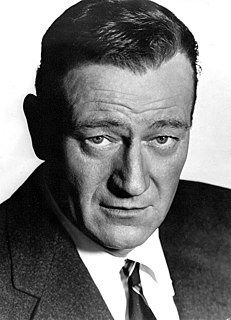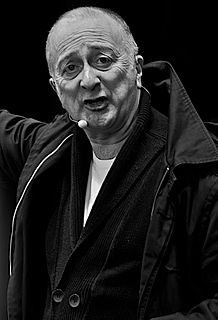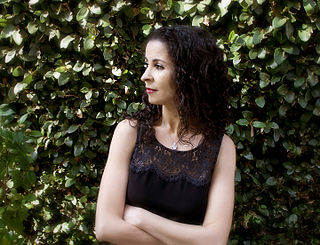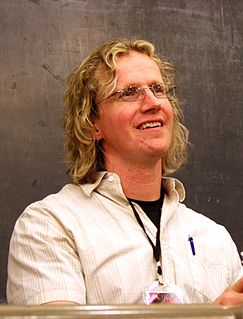A Quote by Scott Turow
The purpose of narrative is to present us with complexity and ambiguity.
Related Quotes
In overlooking, denying, evading this complexity--which is nothing more than the disquieting complexity of ourselves--we are diminished and we perish; only within this web of ambiguity, paradox, this hunger, danger, darkness, can we find at once ourselves and the power that will free us from ourselves. It is this power of revelation that is the business of the novelist, this journey toward a more vast reality which must take precedence over other claims.
American movie audiences now just don’t seem to be very interested in any kind of ambiguity or any kind of real complexity of character or narrative - I’m talking in large numbers, there are always some, but enough to make hits out of movies that have those qualities. I think those qualities are now being seen on television and that people who want to see stories that have those kinds of qualities are watching television.
A God who draws near out of love, the Holy Father continued, walks with His people, and this walk comes to an unimaginable point. We could never have imagined that the same Lord would become one of us and walk with us, be present with us, present in His Church, present in the Eucharist, present in His Word, present in the poor, He is present, walking with us. And this is closeness: the shepherd close to his flock, close to his sheep, whom he knows, one by one.






































